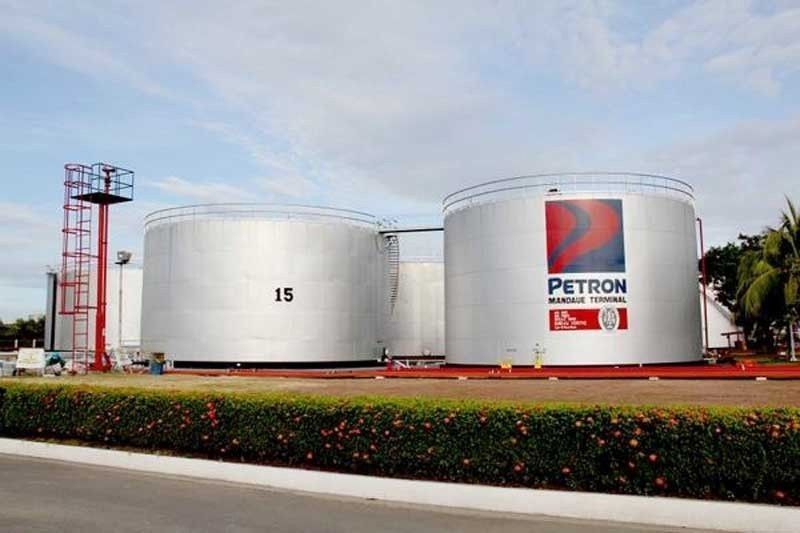‘Closure of Petron refinery possible’

MANILA, Philippines — The country’s last remaining oil refinery is also in danger of closing down, burdened by the heavy cost of operations due to what it describes as the uneven playing field between importers and refiners.
In a virtual briefing, Petron president and chief executive officer Ramon Ang told reporters that the refinery industry around the world has been a tough business, citing the closure of several refineries.
He said Petron, which runs the Limay, Bataan refinery producing 180,000 barrels of oil per day, would shut down the plant “very soon” if the government does not act on leveling the playing field between importers and refiners in terms of taxes.
Ang stressed that the heavy taxes paid by refiners as compared to oil importers is making refining a difficult business to be in.
He said refiners pay value-added tax (VAT) and excise tax, among others, when they import crude oil into the country and then pay another round of taxes after processing and selling their products to the local market.
In contrast, he said oil importers only pay taxes when they start selling their products.
“I think we also won’t last if the situation does not change,”Ang said.
“If the playing field of the Petron refinery does not level with the importers, we will close for sure. When? Very soon,” Ang said.
He said that fluctuations in global oil prices heavily weigh on the taxes paid by refiners, which caused significant losses for the firm.
“For example, I paid tax based on a $50 per barrel [crude oil], I paid excise tax and VAT, then after one month, this dropped to $10 per barrel. That’s what caused us losses in the second quarter,” Ang said, explaining that the taxes paid in bringing in crude oil is higher than the price it can sell the processed product.
Petron reported a P14.2-billion consolidated net loss in the first half, driven by the impact of the pandemic on oil prices and demand.
“The only way is if we go to Congress to level the playing field. Other than that, it will shut down,”Ang said.
He said the refinery closure would mean the country could experience shortage in oil inventory at certain times, emphasizing that a refiner’s inventory is good for up to 90 days, compared to that of an importer which is only good for five to 10 days.
For his part, Finance Secretary Carlos Dominguez said the excise tax (and duties) on imports of finished products is imposed upon importation while on locally refined products, it is imposed upon removal from place of manufacture.
“So at the time of marketing or sale, the excise tax in both instances should have already been paid. We are aware, of course, that there is smuggling on the part of certain importers, in which case, they don’t pay excise tax. However, that is precisely why we have the fuel marking program, which, for the last several months, has served to increase the Bureau of Customs collections on taxes and duties on fuel importations,” he said.
A unit of credit watchdog Fitch Ratings earlier said the potential closure of the Petron refinery would leave the Philippines fully dependent on imports for its fuel needs.
“Implied import dependence is already forecast to see a big jump to 67 percent over the next five years, from 48 percent average in the past decade, although this could rise further depending on the outcome of Petron’s decision,” Fitch Solutions said.
“In our view, greater dependence on energy imports will leave the Philippine economy more tied to fluctuations in global energy prices,” it said.
“A downsized domestic refining output, next to rising need for imports, is expected to prove a drag on the trade balance over the coming years, creating pressures for the Philippines’ external financing position when domestic demand for energy is rising,” it added.
Fitch Solutions said this creates several risks, including putting an extra burden on the Philippines’ foreign exchange reserves or the ability to attract investors inflows, as well as creating depreciatory pressures for the Philippine peso.
- Latest
- Trending




























